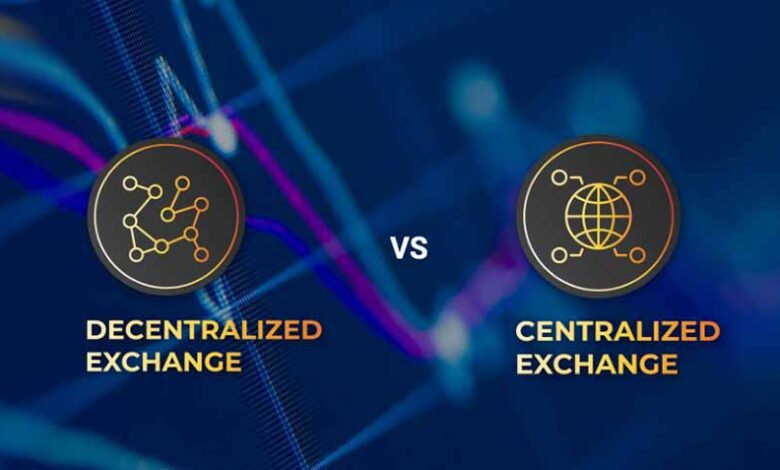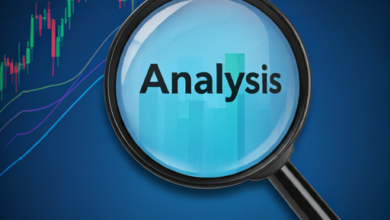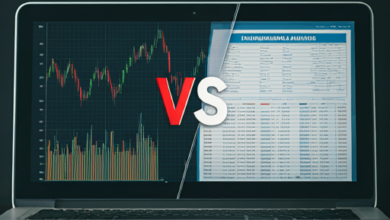The difference between centralized and decentralized exchanges
Cryptocurrency exchanges are broadly divided into two categories: centralized (CEX) and decentralized (DEX). Each of these exchanges has its own specific features, advantages, and disadvantages that determine which one is more suitable for traders or investors. In this article, we will examine the key differences between centralized and decentralized exchanges.

Centralized Exchanges (CEX)
Centralized exchanges are managed by a specific entity or company. These exchanges are mainly used for their advanced capabilities, offering high liquidity, support for various currencies, and complex trading features.
Advantages of Centralized Exchanges:
- High Liquidity: Centralized exchanges typically have a high volume of daily transactions, leading to greater liquidity and the ability to execute trades quickly.
- User-Friendly Interface: These exchanges are often designed with simple user interfaces and educational resources for new users.
- Security Features: Many centralized exchanges use advanced security technologies such as two-factor authentication and data encryption to protect user accounts.
- Support for Fiat Transactions: Most centralized exchanges allow the conversion of fiat currencies to cryptocurrencies and vice versa.
Disadvantages of Centralized Exchanges:
- Centralized Asset Management: Users must trust the exchange to manage their digital assets, which can carry risks such as hacking or exchange bankruptcy.
- Risk of Hacking: Since centralized exchanges store user assets in a specific location, they remain attractive targets for hackers.
Decentralized Exchanges (DEX)
Decentralized exchanges operate on the blockchain without a central authority to manage or control them. These exchanges function on a peer-to-peer (P2P) basis, allowing users to trade directly with one another.
Advantages of Decentralized Exchanges:
- Complete Control Over Assets: In decentralized exchanges, users have complete control over their private keys and assets, eliminating the need to trust a central authority.
- Better Privacy: DEXs usually allow users to conduct transactions without the need for identity verification, which enhances privacy.
- High Security: Since no assets are stored in a central location, the risk of hacking is significantly reduced.
Disadvantages of Decentralized Exchanges:
- Lower Liquidity: Many decentralized exchanges still lack sufficient liquidity compared to centralized exchanges, which can lead to delays in trade execution or increased fees.
- More Complex User Interface: Using decentralized exchanges may be challenging for new users and those with limited familiarity with blockchain technology.
- Lack of Support for Fiat Currencies: Many decentralized exchanges only support cryptocurrencies and do not offer direct conversion from fiat to cryptocurrency.
Conclusion
Choosing between a centralized and decentralized exchange depends on your needs and preferences. If you are looking for a simple user interface, high liquidity, and the ability to convert fiat currencies, centralized exchanges may be a better option. However, if complete control over your assets, privacy, and greater security are important to you, decentralized exchanges will be a better choice.





